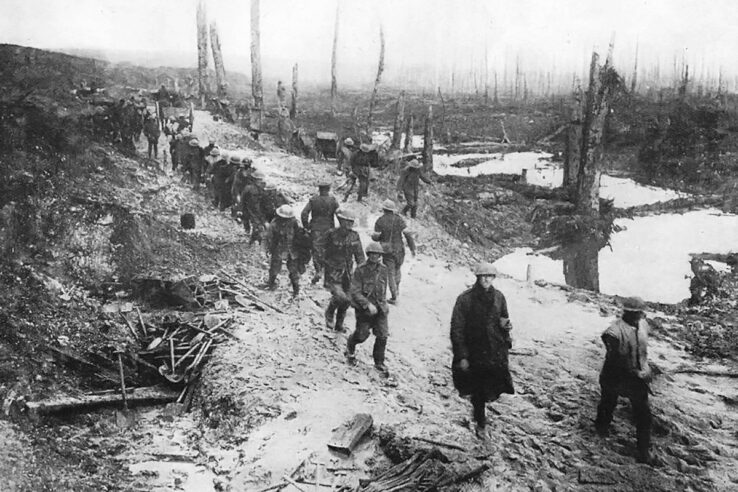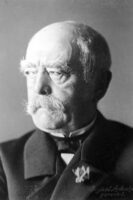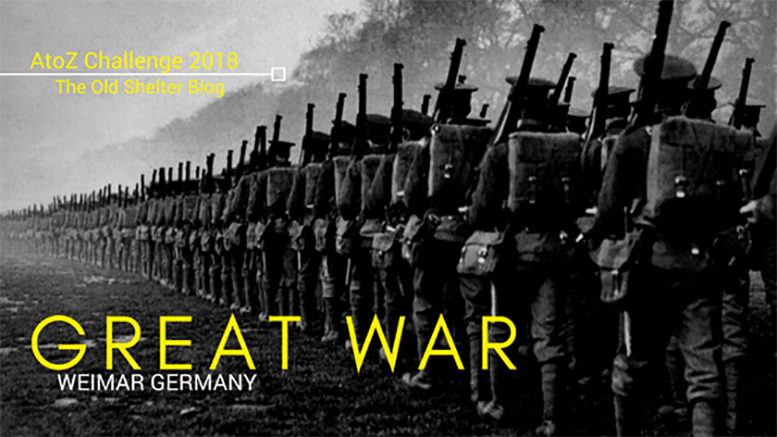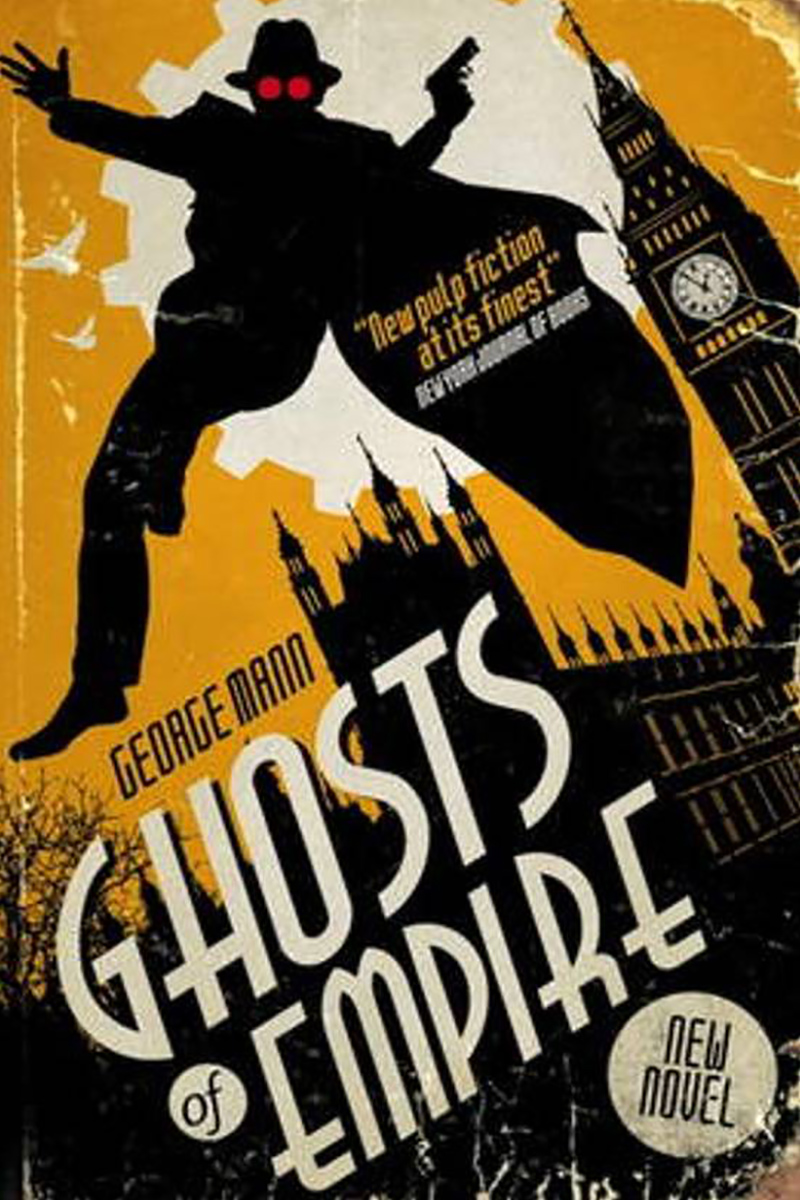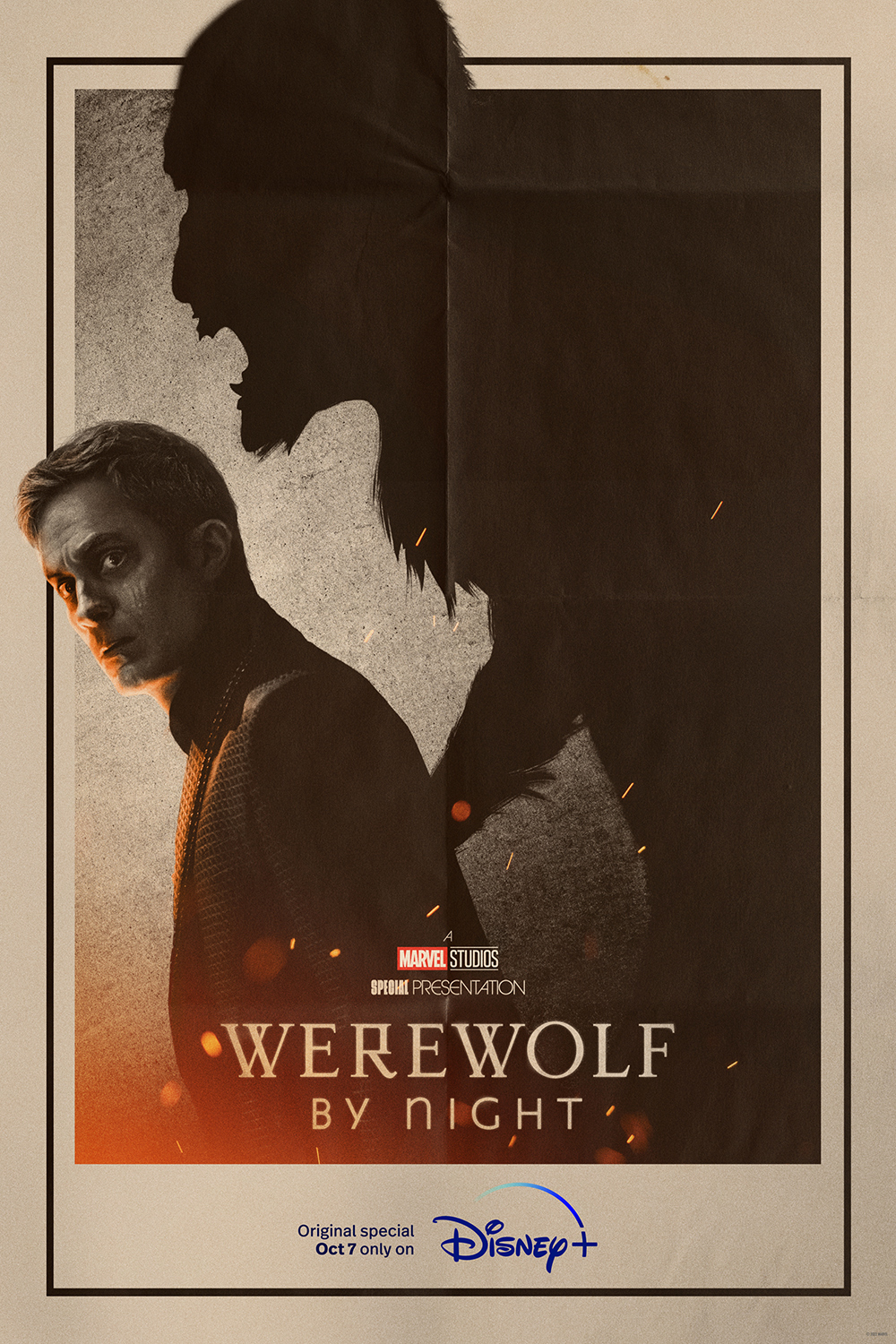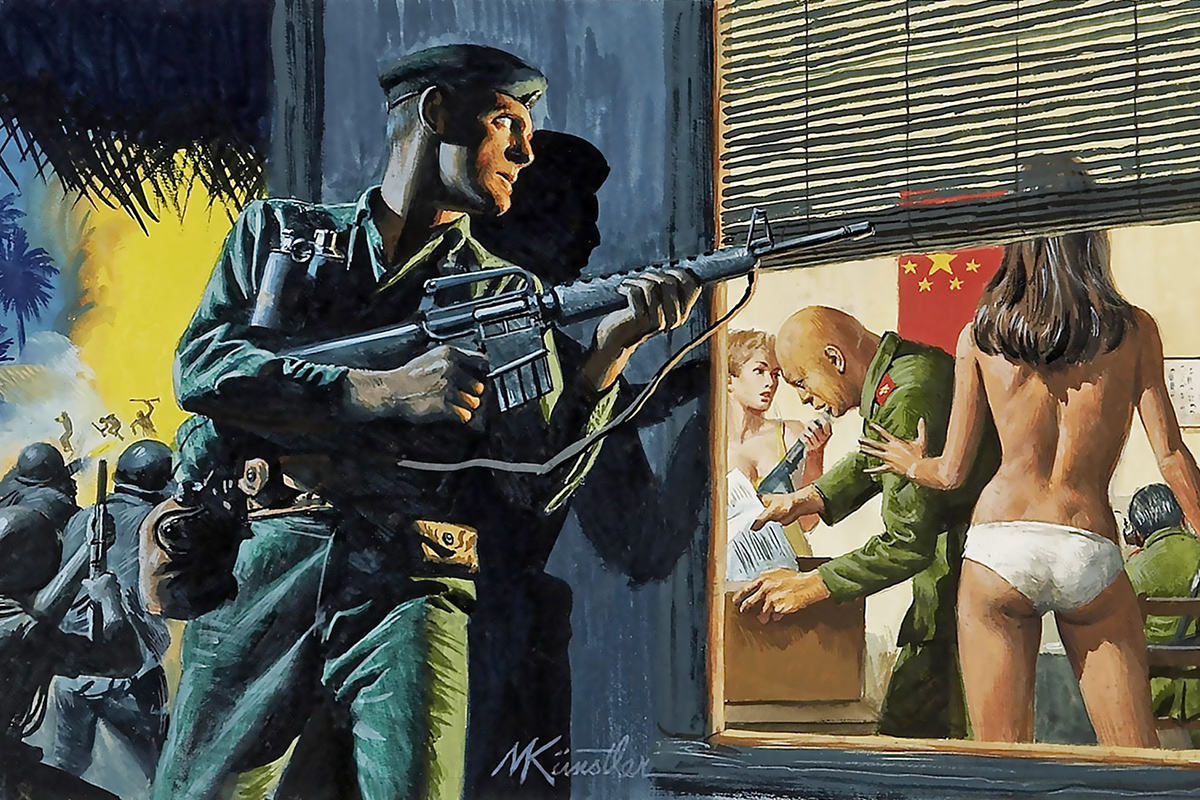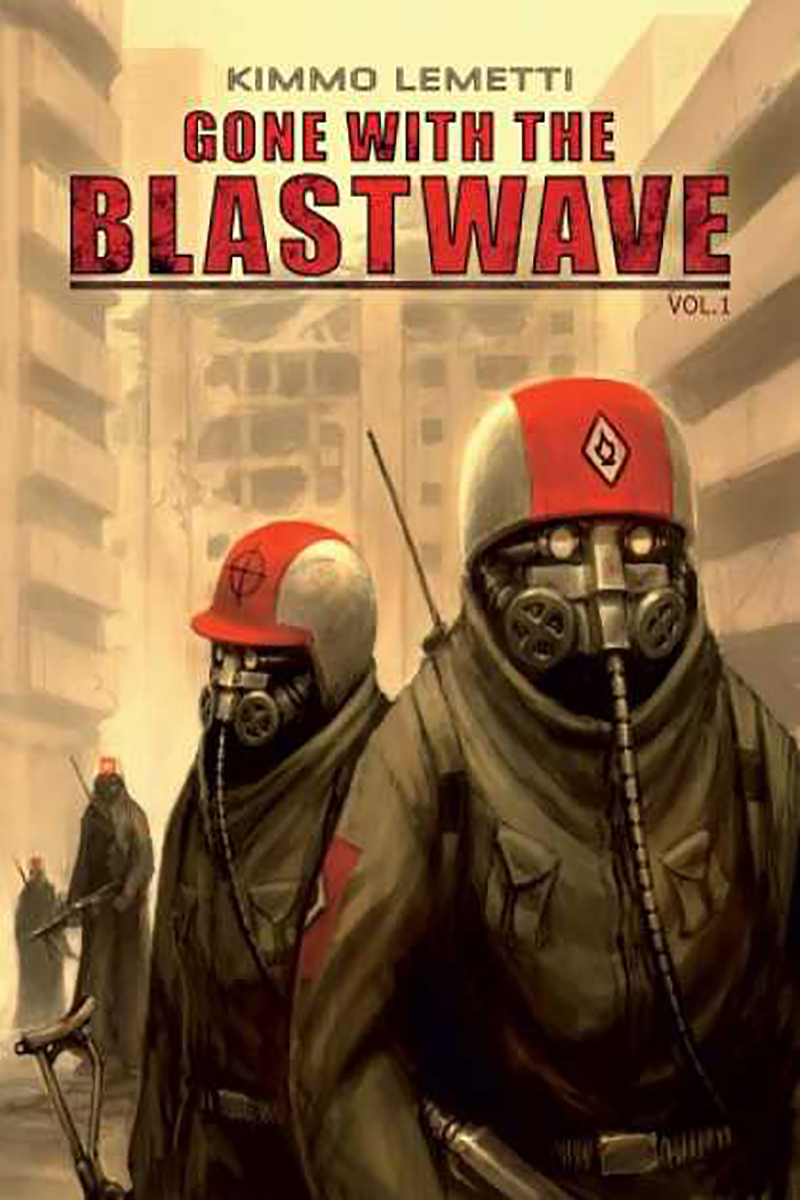It is normally quite easy to understand why war breaks out and who is pitted against whom. Not so for the Great War. And this is true to the point that it has been defined as one of the most enigmatic events in contemporary history.
It’s hard to understand the Great War without understanding the “Long Century”, that nineteenth century that started in 1815, when the Napoleonic Wars ended, and lasted until the break out of World War I. The one-hundred-year long peace that started then was largely the making of a German, Otto von Bismarck, the creator of the “Concert of Europe” that harmonized the life of all European nations.
Even if the Napoleonic Wars had involved almost the entire continent, when they were over, all the European nations felt that they belonged to the same civilization, especially in contrast with the colonized world “outside”. The Concert of Europe succeeded in creating a balance that rested on that common civilization based on Enlightenment, industrial and scientific advancement, good manners — in brief, what we could define as “Victorian”. Although disturbed by many small conflicts (like the Crimean Wars) throughout the century, that balance was never tipped.
The Industrial Revolution was the one unbalancing factor. Nations evolved at different speeds, and a few that used to be preeminent started to lose ground to younger powers. This created a first imbalance, which was nonetheless kept under control by the Concert of Europe.
Still, many societies slowly became aware of that imbalance. Catastrophic theories based on the wild increase of the world population, the intensive use of resources, the mixing of the races, the lost of contact with tradition and the effects of urbanization and industrialization became very commonplace. It’s quite interesting to note how these theories never foresaw the destructive impact of a total war, as instead literature did a few times.
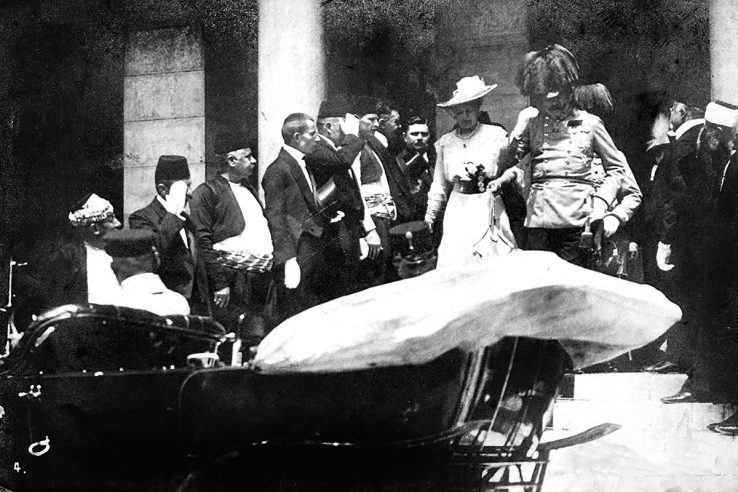
In fact, a war was seen favorably, as the event that could readjust the European balance to what reality had evolved into over one century. The killing of Archduke Franz Ferdinand of Austria in Sarajevo was only the trigger of what all nations were expecting to happen sooner or later. They all accepted it as the way to reorganize a balance that had become vastly artificial. Young people, tired of an old way of life and eager to change a world that was not their own anymore, enthusiastically joined the war effort.
Besides, all nations thought this was going to be just one more “small conflict” as the ones they had known throughout the Long Century. They all thought it was going to be over in a few months.
Nobody expected what actually happened.
The Industrial Revolution and science and mechanic advancement had afforded all nations with weapons no one really knew the potentiality of. They were far more effective and far more destructive than any of the veteran generals who lead the respective armies ever imagined. They started a war as they had always done, but the new weapons turned it into something new and horrible that nobody expected or knew how to handle.
Surprised by the effectiveness of the new total war, unprepared to judge what was going on, but able to keep going, all armies kept their ground. Consequently, the war went on and on. Not only on the frontline. For the first time, war invaded every layer of society. Everyone was called to help in the war effort. The war infiltrated in all aspect of life, whether it was on the frontline or not.
This was a new kind of war. This was a total war that had the potentiality to destroy everything.
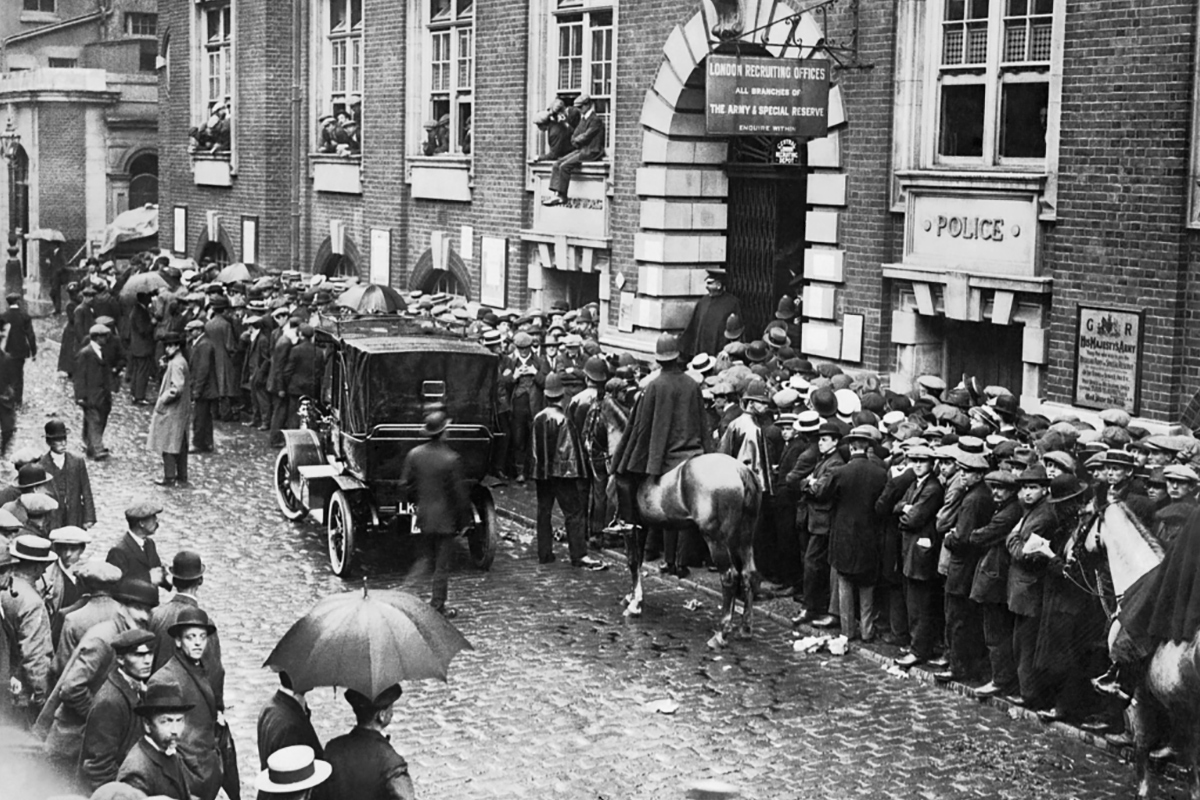
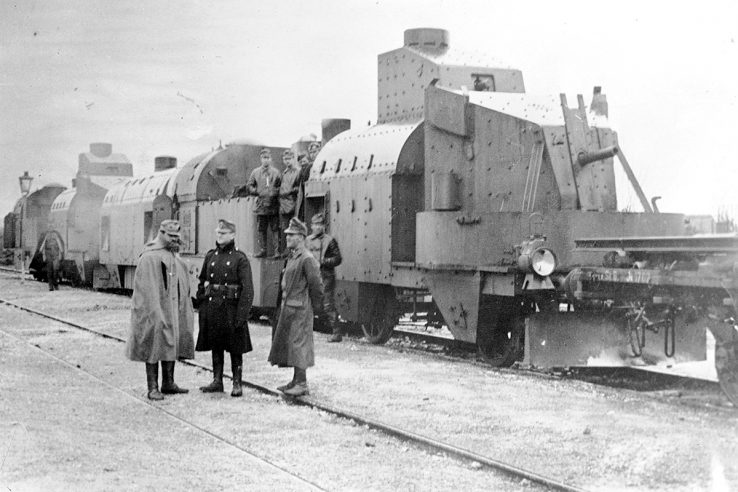
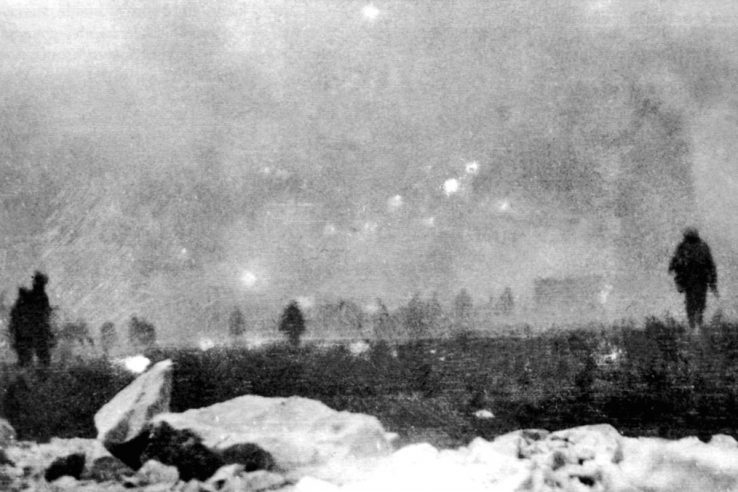
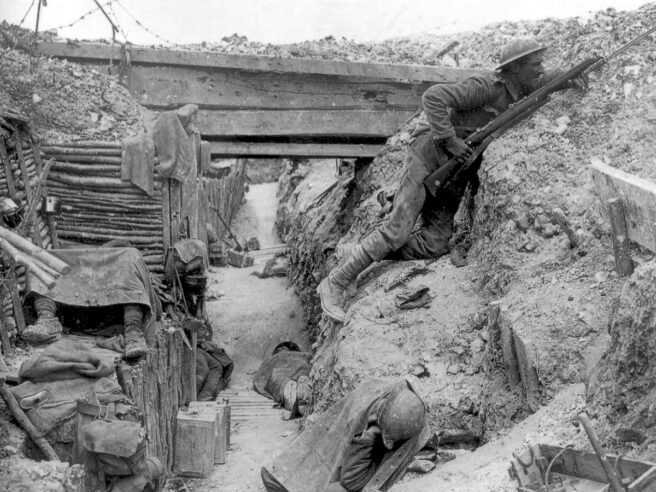
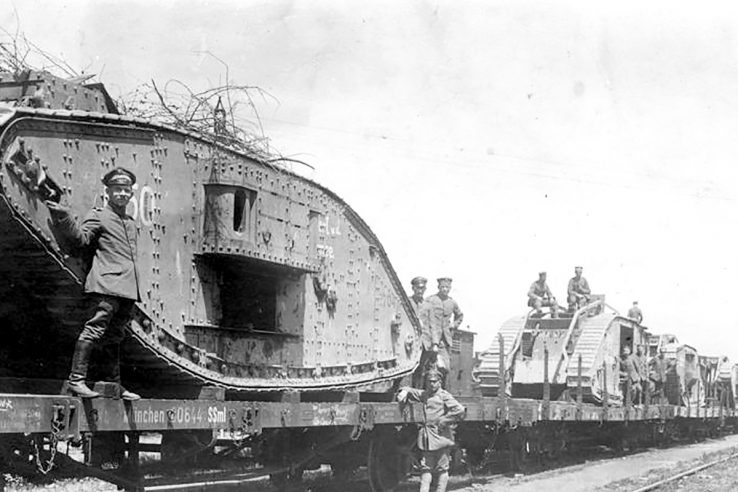
At the end of the war, the destruction, not just of goods but especially in terms of loss of lives, was devastating. Of the sixty million European soldiers mobilized in the period 1914-18, eight million had died by the end of the war, seven million were permanently disabled, fifteen million were seriously injured. An estimated five million civilians had died for causes connected to the war.
It was a horrible, mindless carnage that changed the souls of all European nations forever, a dramatic breaking point as few had been in the history of the world and certainly of the continent. Although the old Victorian ideas and social mores still persisted, they were utterly ineffective in guiding this new world.
Europe, as it emerged from the Great War, was a new place that few Europeans knew how to navigate.
This story was originally published at The Old Shelter as part of an A-to-Z challenge about the history of Weimar Germany, April 7, 2018.

